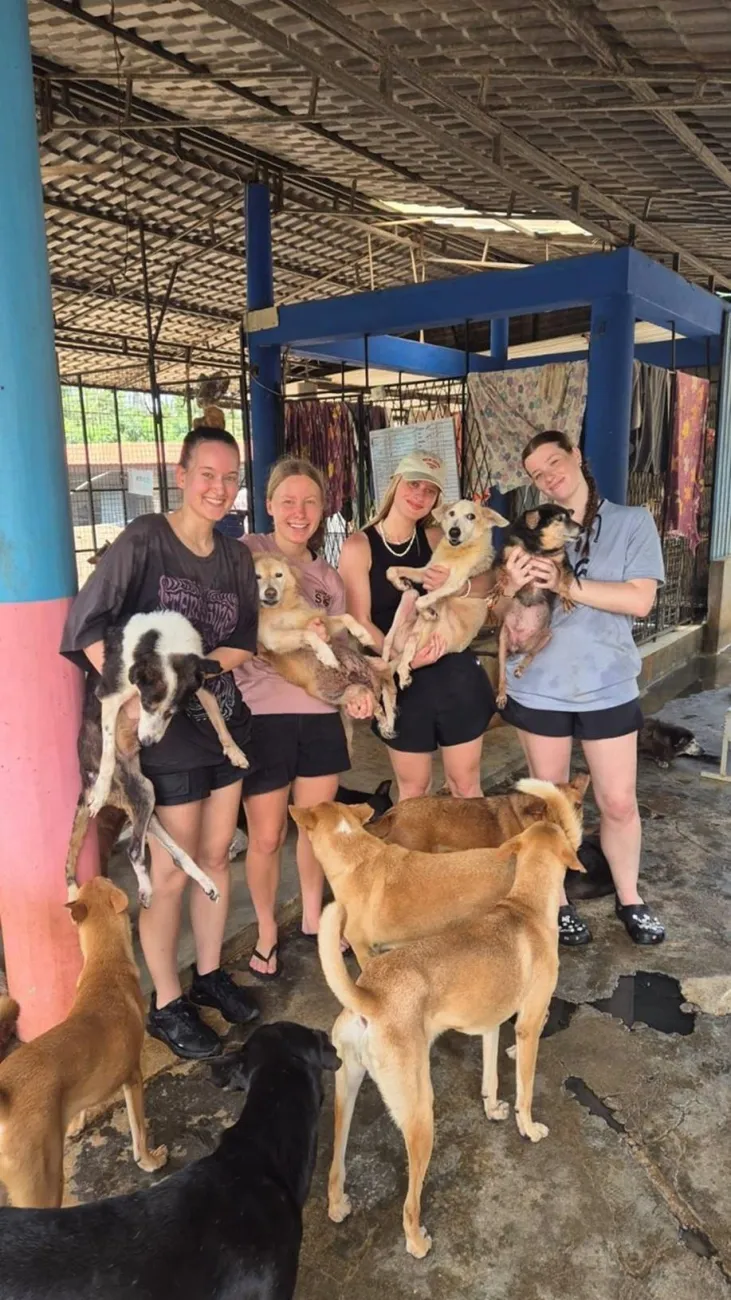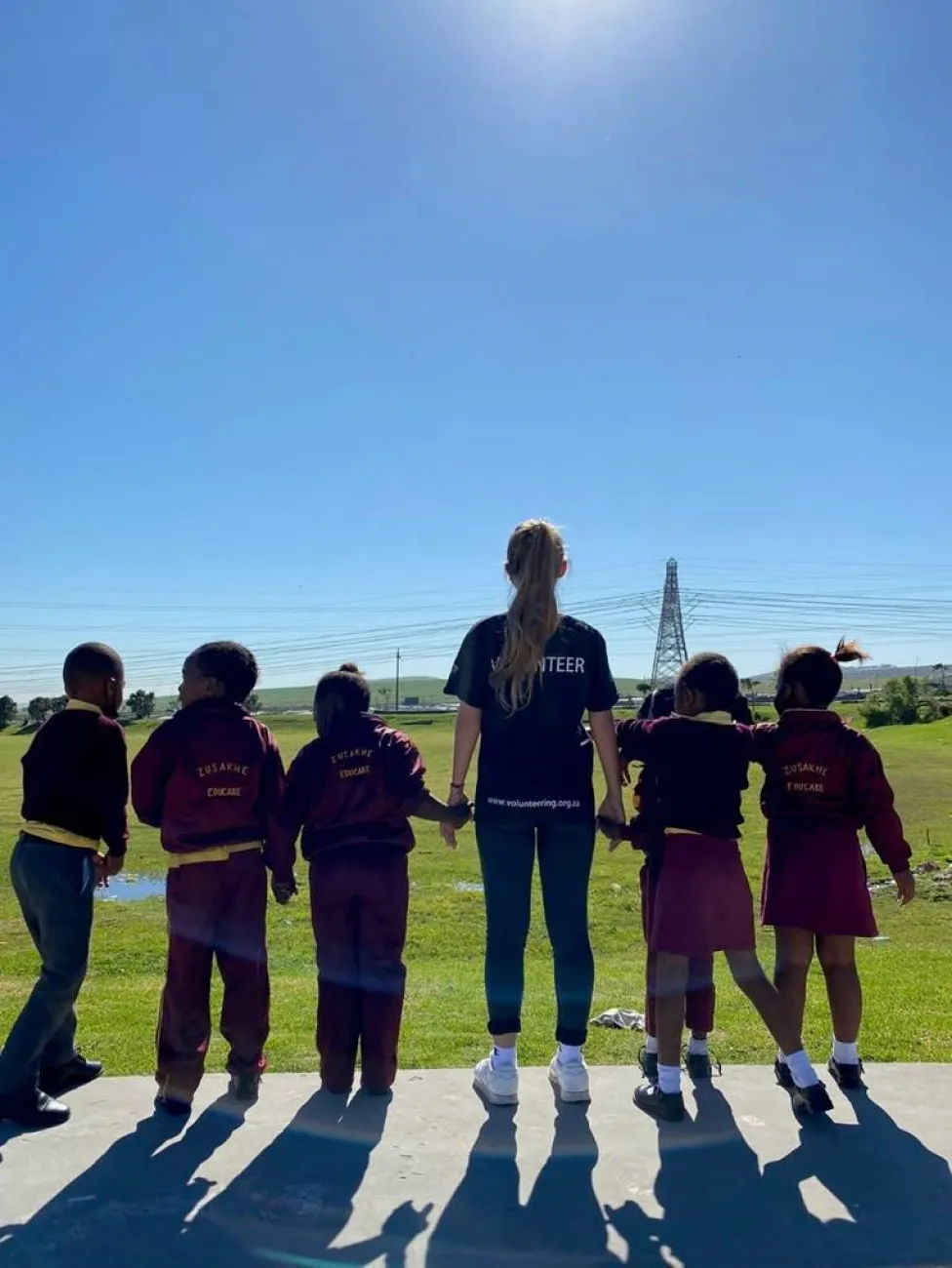Paris School of Business x Freepackers: a committed partnership for humanitarian work and sustainable development
Turning social commitment into a fully-fledged professional and human experience: this is the ambition of Freepackers and its branch, Realstep. For over ten years, this organization has been designing humanitarian missions, internships abroad, and immersive experiences based on strong values: solidarity, social impact, and environmental responsibility.
Through its partnership with Paris School of Business, Freepackers offers students the opportunity to get involved in international projects while developing both personal and professional skills. In this interview, the Freepackers team shares more about their mission, their commitments, and the concrete benefits of this partnership for Paris School of Business students.




